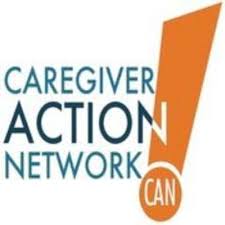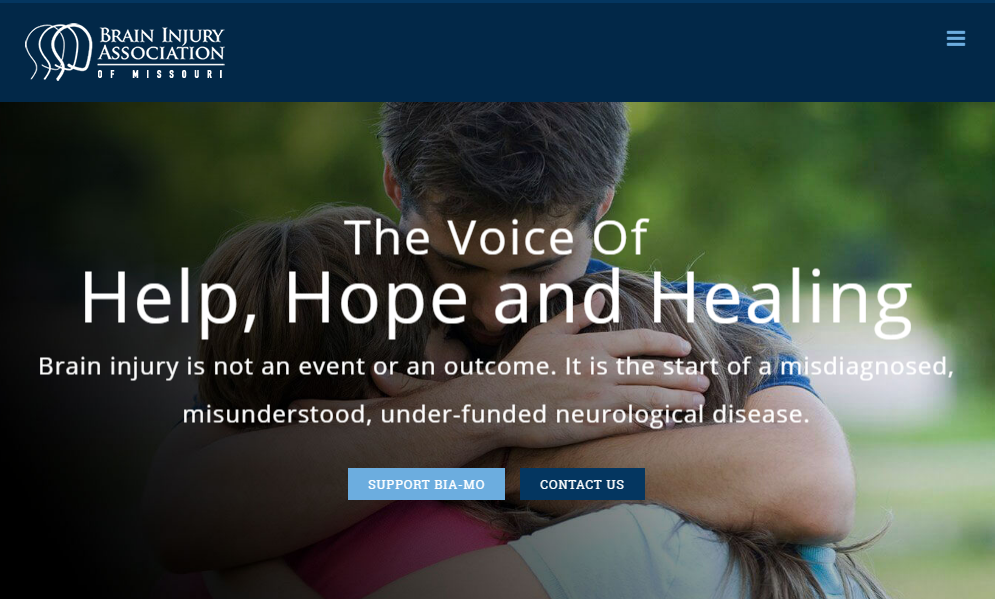What You Need to Know if You Are Diagnosed With Colorectal Cancer Under Age 50

Colorectal cancer rates are on the rise for people under age 50, according to the Colorectal Cancer Alliance (CCA). However, the average age of a cancer diagnosis is still 68-72 years old, making it something someone under age 50 rarely anticipates. Support and resources for younger patients are often hard to find.
Concerns about finances, health insurance and returning to work are much different for those under retirement age. Here are some things cancer patients under age 50 need to know.
Finances
CCA’s 2017 Young Onset Colorectal Cancer Survey reported 61 percent of respondents experienced financial difficulties due to the cost of their treatment, and 65 percent had to take a leave of absence or quit a job or schooling because of their diagnosis. Social Security Disability Insurance (SSDI) is an important resource in these situations, but it is often difficult to obtain. Social Security Administration guidelines make it harder for individuals under age 50 to receive benefits. Individuals who anticipate not being able to work for 12 months or more should determine their eligibility as soon as possible and apply for disability benefits. The average monthly cash benefit for SSDI recipients is $1,197. It is $2,051 for individuals with dependents.
Health Insurance
According to an American Cancer Society study, people younger than 55 are 58 percent more likely to be diagnosed with late-stage disease than older people, largely because cancer is typically not on the radar of young adults or their providers. Individuals with late stage cancers are more likely to have work interruptions and lose employer-sponsored health insurance. Health insurance options include coverage from parents’ policies until they turn 26, COBRA coverage from a previous employer, a Marketplace plan or Medicaid. SSDI recipients are eligible for Medicare 24 months after their cash benefits begin. See Allsup’s presentation on “Health Insurance When Disability Strikes,” featuring the CCA, for more information.
Returning to Work
Research shows that a younger age is associated with greater success returning to work after a disability. Returning to work after cancer treatment contributes to greater financial stability and can even improve recovery. Most of the people Allsup helps obtain SSDI benefits indicate they want to return to work. Learning about programs such Ticket to Work early on, even as they go through the SSDI application process, can help prepare young onset cancer patients for a successful transition back to work, without the fear and stress of losing their cash benefits and Medicare coverage.
March is Colorectal Cancer Awareness Month. Whatever your age, please share this information with your network, and encourage them to get screened for colorectal cancer. For a free SSDI eligibility screening, visit CCA.Allsup.com.
Allsup
Related Articles

Uncategorized
Helping Family Caregivers With What They Need to Know

Uncategorized
Understanding MS and Disability Benefits

Uncategorized
BIA-MO Gets Real about Brain Injury Awareness

